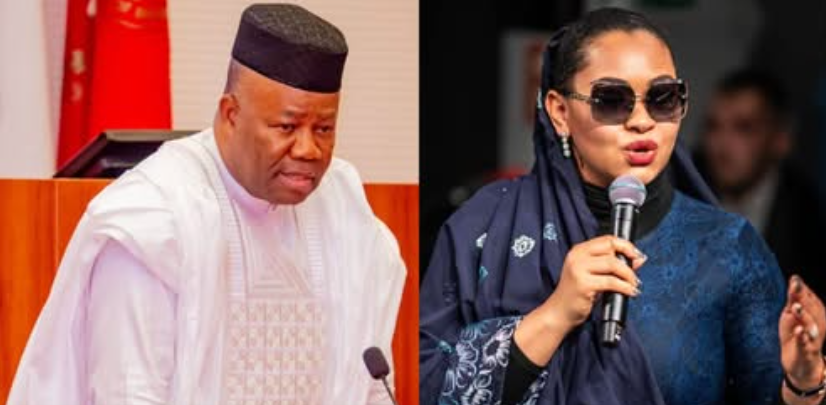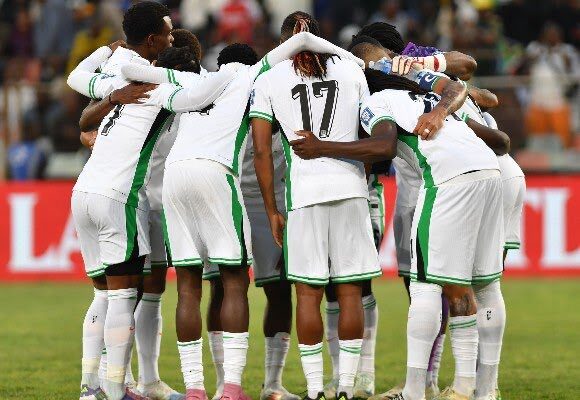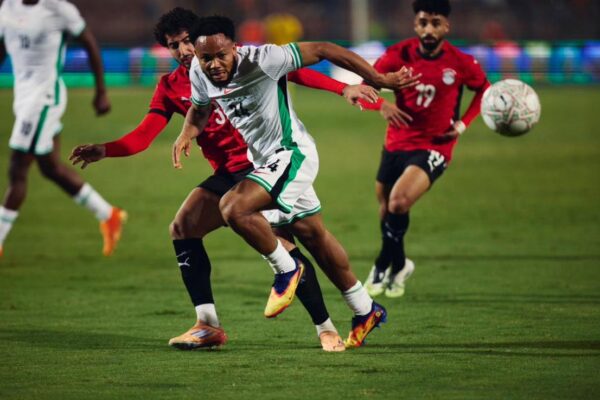
SWAN Celebrates With Christians On Christmas Day, Prays For Super Eagles At AFCON
The Sports Writers Association of Nigeria (SWAN) has rolled out drums to celebrate with Christians, particularly the sporting media on the celebration of the Birth of Jesus Christ, known as Christmas. SWAN in a statement by its President, Mr. Isaiah Benjamin, through the Association’s Secretary-General, Amb. Ikenna Okonkwo, on Thursday December 25, 2025, noted the celebration gives Christians opportunity not just to merry but to reflect on the personality of the Son of God, Jesus Christ. The SWAN President then urged Nigerians to cheer-up at this time and always, bearing in mind that the challenges facing mankind are only momentary. He said, “It’s with great joy that we rejoice on a day like this. Christmas remind us of the essence of Jesus Christ. It’s a day to reflect and take stock with a view to find solace going forward. “Despite economic and other challenges facing mankind, the living joy posits that there is always hope for better times ahead.” The number one sports writer in Nigeria also enjoined Christians to share and rejoice with all as Jesus Christ exemplified while he lived on earth and through his teachings. “Christmas is also a time of sharing with one another no matter how small. We should endeavour to reach out to our neighbours, friends, loved ones, colleagues and all strata of persons around us, irrespective of tribe and religion as is in Jesus Christ nature and teachings. “Let us use this period as an opportunity to sacrifice, tough times notwithstanding, just as we promote unity, understanding, and cooperation among ourselves, which are essential for building a harmonious and progressive society,” he said. President Benjamin also prayed for the successful participation of the Nigeria’s Super Eagles at the ongoing Africa Cup of Nations in Morocco, urging them to remain focused on the goal of the competition. “Teeming Nigerian football lovers expect nothing short of victory till the final of AFCON, and it’s reclaiming the title that will serve as soothing relief for recent World Cup qualifier performance,” he said. While commending the federal government for fulfilling its 2023 AFCON promises to the country’s senior men team and the National Sports Commission (NSC) for its dogged impact in Nigeria’s sports development within a short while, the SWAN President urged sustained approach with the Super Eagles reciprocating accordingly.








